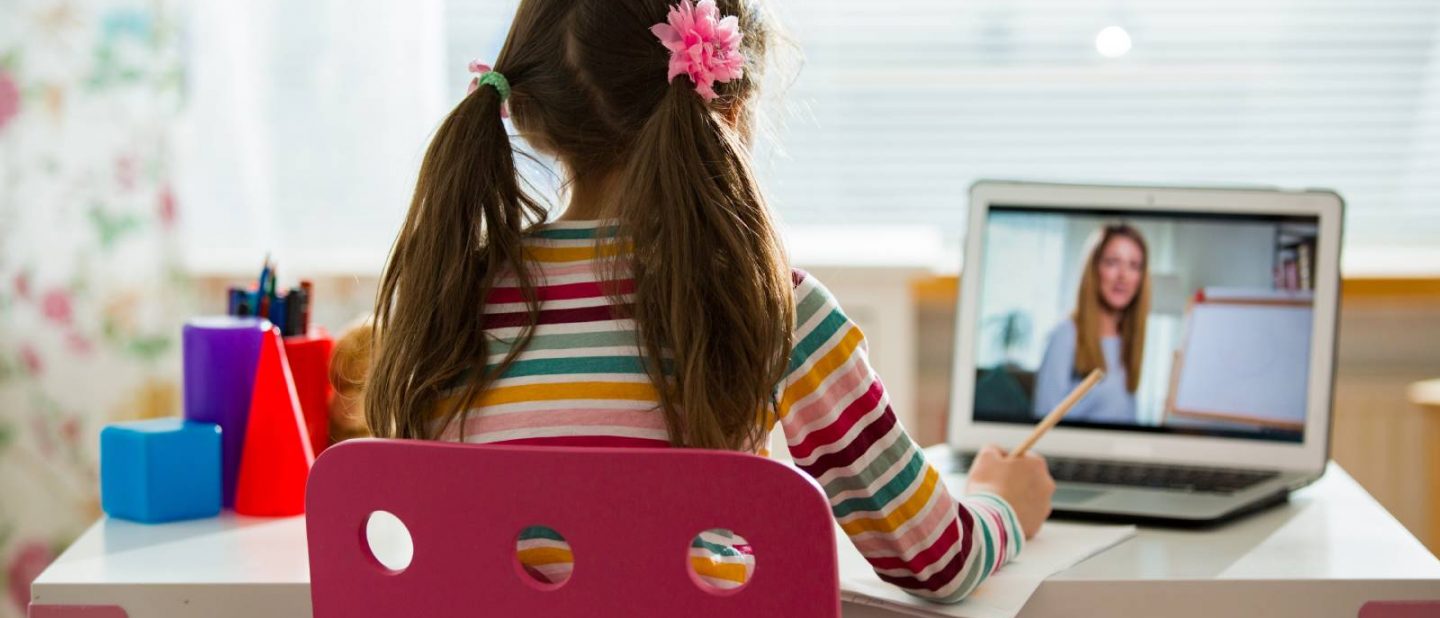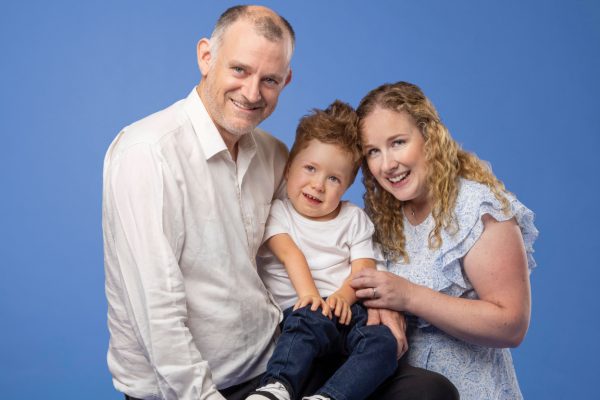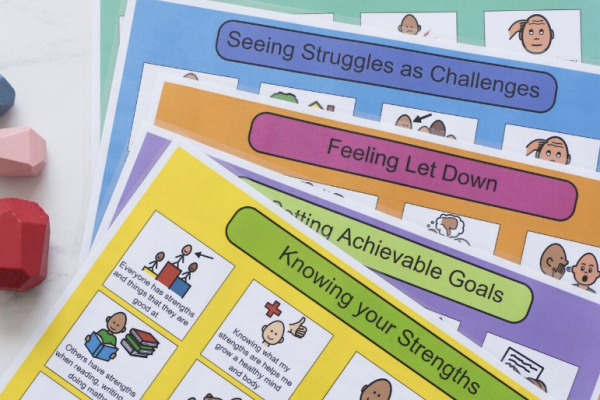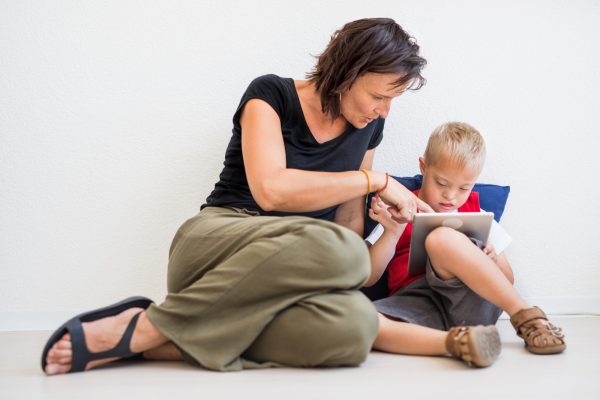
Report shows autistic students’ poor experiences during remote learning
Learning in Lockdown, a report released today by autism peak body Amaze, shows a decline in the mental and physical health of many autistic students across Victoria while remote learning during lockdown in Term 3.
While some reported positive experiences, the survey of 312 families of autistic students in Victorian schools found:
• The learning of 47.8% of autistic students in Melbourne, and 55% in regional, schools had not progressed since learning remotely.
• 45.4% of autistic students in Melbourne government schools have not had their learning needs met in Term 3, with many missing out on the personalised support and adjustments they need to learn.
• The mental health and emotional wellbeing of 67.9% of autistic students in Melbourne, and 60% in regional, schools had suffered a decline since learning remotely.
• The physical health of 41.1% of autistic students in Melbourne, and 35% in regional, schools was worse-off since learning remotely.
CEO of Amaze, Fiona Sharkie, said the report findings highlight a critical need to give autistic students priority in the opportunity to return to school on site as soon as restrictions in Melbourne begin to ease.
“Autistic students and their families need clarity now, before the end of this term, around where they fit in the roadmap for returning to school in term 4.”
“It’s clear from what families are telling us that many autistic children are battling, both mentally and academically, during remote learning, and are at risk of being left behind. Some have disengaged from schooling altogether.” Ms Sharkie said.
“Students with disability and their families are being disproportionately impacted by schooling disruptions.”
Ms Sharkie said, “Amaze is calling for all students with disability to have the option to return to face-to-face schooling, regardless of their year level, when Melbourne schools start their staggered re-opening from 12 October.”
“Targeted catch up support and immediate attention to mental health and wellbeing of autistic students as they return to school is critical.”
“We welcome the return of face-to-face learning at specialist schools from 12 – 16 October, but we cannot forget about the thousands of autistic children in Years 3-10 enrolled in mainstream Melbourne schools: their option to return to school must be an immediate priority.”





